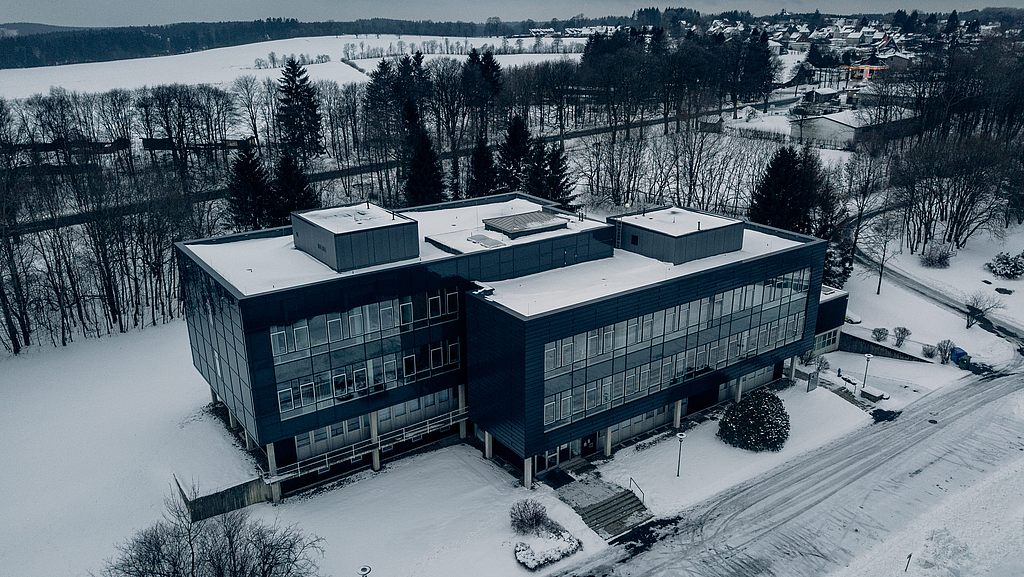The pre-print version of the paper is available from:
Impressions from this year’s Wissenschaftsforum Mibilität can be found at: https://wifo-mobilitaet.de/
Abstract:
Last-mile delivery of goods has gained a lot of attraction during the COVID-19 pandemic. However, current package delivery processes often lead to parking in the second lane, which in turn has negative effects on the urban environment in which the deliveries take place, i.e., traffic congestion and safety issues for other road users. To tackle these challenges, an effective autonomous delivery system is required that guarantees efficient, flexible and safe delivery of goods. The project LogiSmile, co-funded by EIT Urban Mobility, pilots an autonomous delivery vehicle dubbed the Autonomous Hub Vehicle (AHV) that works in cooperation with a small autonomous robot called the Autonomous Delivery Device (ADD). With the two cooperating robots, the project LogiSmile aims to find a possible solution to the challenges of urban goods distribution in congested areas and to demonstrate the future of urban mobility. As a member of Niedersächsische Forschungszentrum für Fahrzeugtechnik (NFF), the Institute for Software and Systems Engineering (ISSE) developed an integrated software safety architecture for runtime monitoring of the AHV, with (1) a dependability cage (DC) used for the on-board monitoring of the AHV, and (2) a remote command control center (CCC) which enables the remote off-board supervision of a fleet of AHVs. The DC supervises the vehicle continuously and in case of any safety violation, it switches the nominal driving mode to degraded driving mode or fail-safe mode. Additionally, the CCC also manages the communication of the AHV with the ADD and provides fail-operational solutions for the AHV when it cannot handle complex situations autonomously. The runtime monitoring concept developed for the AHV has been demonstrated in 2022 in Hamburg. We report on the obtained results and on the lessons learned.
